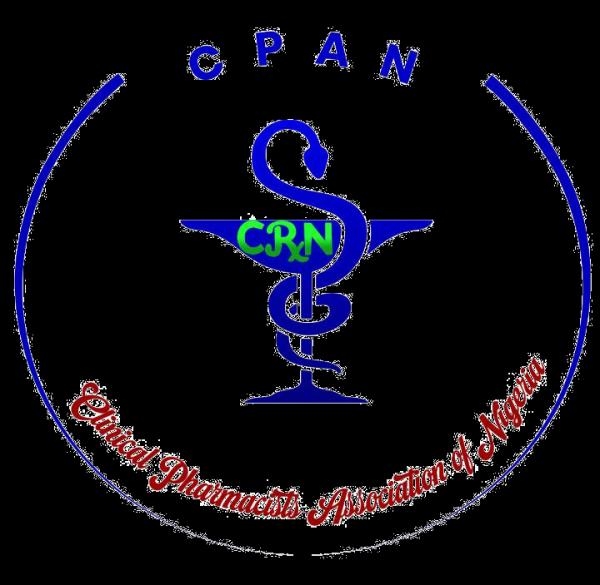
The Board of Fellows of the Pharmaceutical Society of Nigeria (BOF-PSN) on Friday, October 24, 2025, held a webinar to commemorate World Mental Health Day, focusing on the intersection between mental health challenges and substance abuse in Nigeria.
The virtual session, themed “Broken Minds, Hidden Bottles: The Double Burden of Mental Health and Substance Abuse Disorder,” brought together seasoned pharmacists, academics, and mental health advocates to discuss one of the nation’s most pressing public health concerns.
In his opening remarks, the Chairman of the BOF Drug and Substance Abuse Committee who serve as the moderator, Pharm. (Prof.) Noel N. Wannang, described the theme as a powerful metaphor for the hidden struggles many Nigerians face daily.
“Broken minds and hidden bottles is a metaphorical expression,” Prof. Wannang explained. “Broken minds suggest mental or emotional distress — trauma, depression, anxiety, the pain of people who have lost inner peace. Hidden bottles represent the secret consumption of alcohol and other substances as coping mechanisms. Together, they paint a picture of silent suffering, people battling emotional wounds while turning to substances in secrecy. The trend of substance abuse in our society is alarming.”
He added that about 30% of Nigerians currently live with one form of mental health disorder, a statistic that underscores the urgent need for awareness, prevention, and policy intervention.
Also delivering a welcome address, the BOF-PSN National Chairman, Pharm. Uchenna U. Apakama, described the webinar as an important national conversation aimed at addressing the dual crisis of mental health and drug abuse.
“We are here to bring our own perspective to this very relevant theme,” Pharm. Apakama said. “People’s minds are broken, and the hidden bottles — the codeine, the heroin, the cracks we take are destroying our peace and sanity.
These hidden bottles break our minds. The theme aligns perfectly with this year’s World Mental Health Day, and this conversation is not for pharmacists alone, but for the entire Nigerian community. Drug and substance abuse has become a global threat that affects every home.”
One of the panelists, Pharm. (Prof.) Oluwatoyin Odeku from the Faculty of Pharmacy, University of Ibadan, emphasized the importance of grassroots and youth-focused engagement to reduce vulnerability to substance use.
“We must strengthen young minds and build community-based initiatives that raise awareness and help people identify and resist substances of abuse,” she said. “This is not just a clinical a— it’s a social one that requires early intervention and continuous education.”
Pharm Zango M.Mohammed, another panelist, underscored the pharmacist’s role in prevention and rehabilitation efforts.
“As pharmacists, we stand at a critical point in the chain of care,” he noted. “We must not only dispense medicines but also dispense guidance — counselling patients, educating communities, and advocating responsible use of all substances. Collaboration with stakeholders like NDLEA, NAFDAC, and community leaders is key to curbing this menace.”
Former PSN President, Pharm. Azubuike Okwor, called for stronger regulatory oversight and better tracking of drug distribution nationwide.
“We need to reintroduce proper labelling and monitoring in dispensing practices,” he said. “The PSN should engage the Pharmacists Council of Nigeria (PCN) to ensure every dispensed medicine is traceable and responsibly labelled. That’s how we can minimize misuse and accountability gaps.”
Adding to the discussion, Pharm. (Prof.) Azuka Oparah, Dean of the Faculty of Pharmacy, University of Benin, stressed that only legitimate drug supply channels should be used to ensure safety and accountability in pharmaceutical care.
“Drugs must come from legitimate sources not informal or unregulated channels,” he warned. “Healthcare professionals must also lead public awareness campaigns to help citizens recognize signs of substance abuse — changes in mood, behaviour, or social withdrawal and seek timely help.”
Throughout the session, panelists agreed that mental health and substance abuse are interlinked challenges requiring a holistic, multi-sectoral approach. They urged collaboration between pharmacists, mental health professionals, regulatory agencies, and the media to reduce stigma, promote awareness, and strengthen policy responses.
The virtual forum, which drew wide participation from pharmacists, academics, and members of the public, reaffirmed the BOF-PSN’s commitment to addressing mental health and substance abuse as part of its broader advocacy for a healthier, more informed society.






















